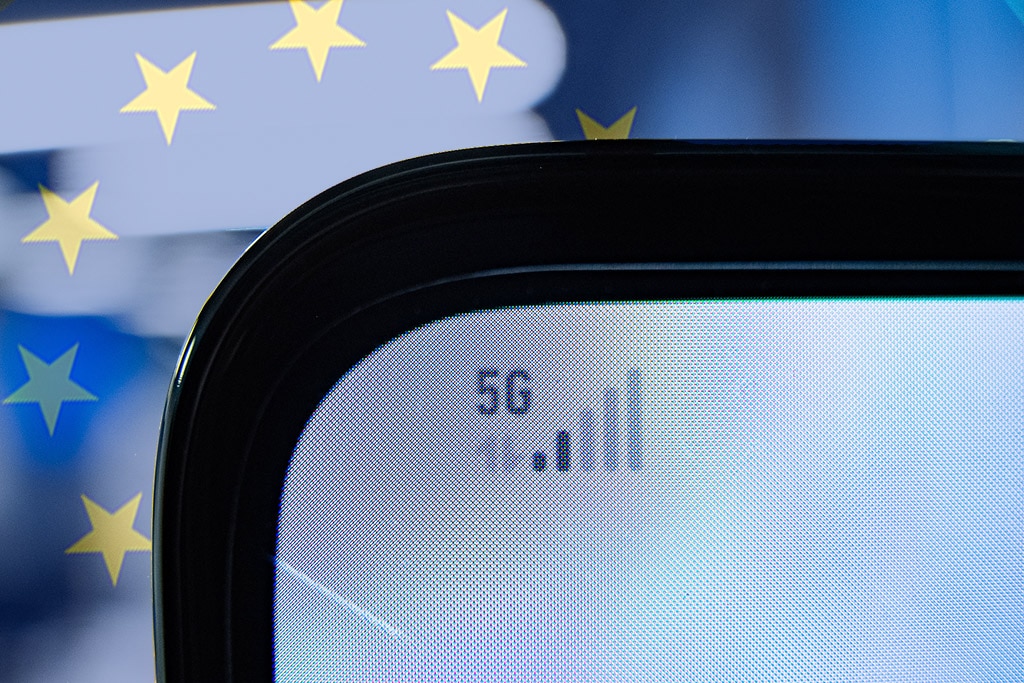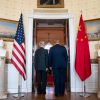
COVID-19 has emerged as a catalyst of troublesome trends in international relations. It has revived the US-China rivalry and further put international institutions under stress. EU-China relations have not been unscathed. China has emerged as a necessary partner in times of need and there is space for cooperation in global issues, but COVID-19 has also fostered a process of disenchantment of several EU member states and societies towards China. COVID-19 has highlighted the risks of overdependency towards a single major supplier and the normative gap between both parties have been exposed. The crisis has underlined China’s lack of transparency as well as a its assertive diplomacy at times involved in disinformation. China’s Human Rights record is also in the spotlight due to the adoption of Hong Kong’s security law and the situation in Xinjiang which have both raised concerns. In addition the negotiations on the EU-China Comprehensive Agreement on Investment and EU member states’ decision on the role of Huawei in the development of their 5G networks are pending issues that are not evolving favourably to China. Regarding 5G, this is illustrated by the recent French decision to move away from the Chinese provider and of Telefónica choosing to reduce its dependency to Huawei’s 5G core technology. Across the Channel, UK has decided to ban it by 2027.
Chinese authorities may want to introduce a transactional approach to reverse this trend. That is, if the EU would limit Huawei’s access in its market, China would retaliate against European firms. Chinese diplomacy may call for an ‘open, fair, and non-discriminatory […] environment’ but these claims have little normative ground. EU firms face restricted access and unequal treatment in the Chinese market resulting in unfair competitive advantages for their Chinese competitors. Benefiting from open market rules requires to abide them. This would not be a case of discrimination, but indeed of equal treatment. Amid COVID-19 China has recently displayed its commitment to greater openness and trade liberalization. Nevertheless, those prospects remain irrelevant until substantive progress materializes.
Moreover, stakes go well beyond economic interests. In fact, UK’s decision on Huawei has been taken despite additional economic costs and delays in its 5G rollout. Huawei’s involvement in EU’s 5G network raises security and strategic concerns, including possible risks of espionage and sabotage and a deterioration of trans-Atlantic links. In reaction, EU and EU member states have embarked in the adoption of new and upgraded investment screening mechanisms to better monitor foreign involvement in critical infrastructures and the EU has adopted a security-driven approach on 5G. In that respect, the main issue is that Huawei does not appear as a very trustworthy provider. The firm’s corporate structure remains opaque, and its independency unclear due to the financial support it has received and the characteristics of the Chinese state which ‘could compel anyone in China to do anything’. Japan’s and France’s de facto bans have taken into account this lack of trustworthiness and the higher risks posed by foreign (Chinese) providers. The centrality of this security and strategic dimension should proscribe ending up in a bargaining over EU and China’s respective companies.
China’s possible retaliation would push the EU to face difficult choices. If China were to target EU firms, this would be a reminder that economic interdependency and need for cooperation do/should not preclude power politics. The EU may be an international actor with significant soft ‘presence’ and capabilities. But it will have to better deal with power, i.e. to better mobilize these capabilities to achieve intended outcomes –level-playing field– and prevent unwanted ones –security risks– in its relations with China. In fact, levering market access would turn to be a necessary instrument to do so. For the last year and half the EU has dodged difficulties by postponing concrete decisions to ban or not Huawei, and by focusing on mitigating security risks to ensure strategic autonomy. Now that EU members may start taking more concrete action, they will likely face hard pressure from China. They should not be blinded by commercial trade-offs in this issue as the role of Huawei in Europe´s 5G networks has implications well-beyond this field.


